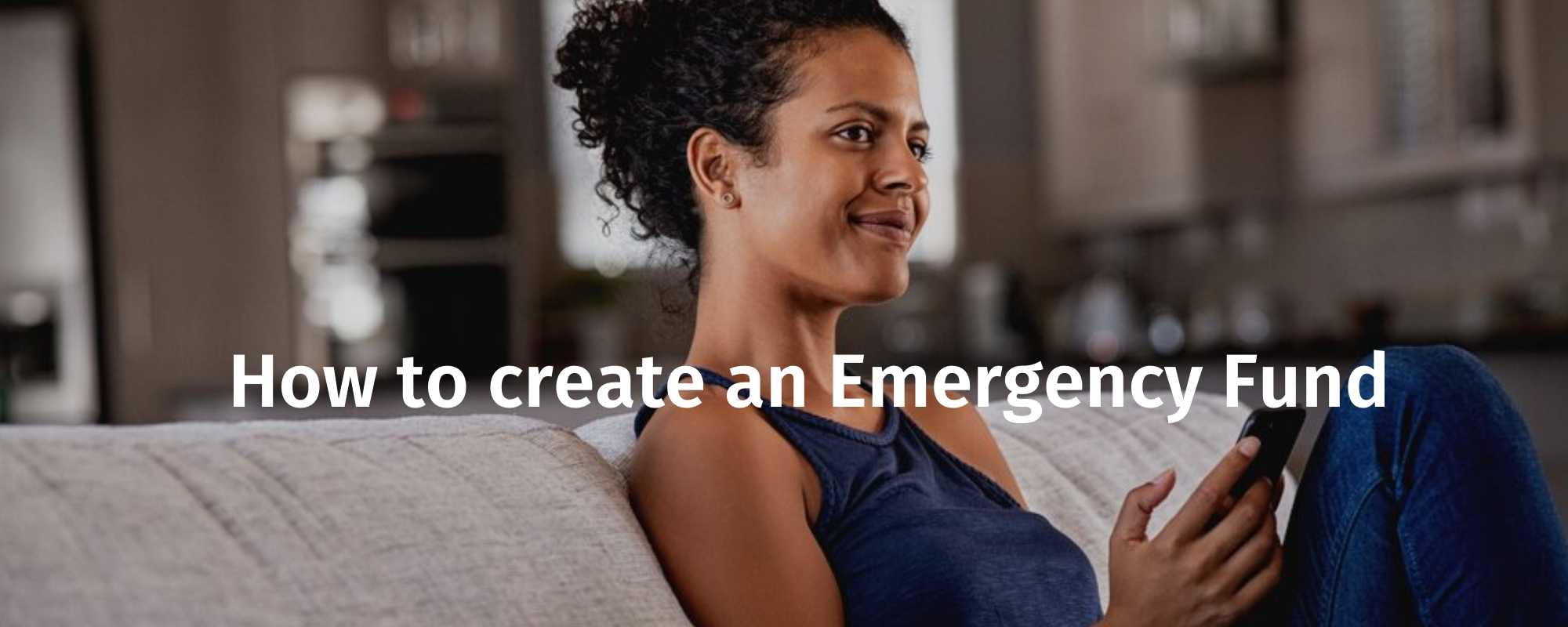
Maritime Capital Limited on the Morning Edition
October 29, 2021
Financial Questions To Ask Your Partner If The Relationship Is Getting Serious
December 3, 2021
Maritime Capital Limited on the Morning Edition
October 29, 2021
Financial Questions To Ask Your Partner If The Relationship Is Getting Serious
December 3, 2021
Unexpected expenses can range from the mildly inconvenient to the downright devastating. If the COVID-19 pandemic has taught us anything, it is that you never know when you might need some money set aside for a rainy day… or several rainy months. So, let us look at why you need an emergency fund, how much you should save and how you can build cash savings.
What is an emergency fund?
An emergency fund can be defined as cash savings set aside to help you in times of financial distress. Emergency funds should be easily accessible – the most common form of an emergency fund is an easily accessible account. You may have other types of savings, such as a fixed deposit ,or other assets, such as property, but these items will not provide you with cash if you need it immediately.
Why do you need an emergency fund? 
An emergency fund will help you cover any unplanned expenses. You would access an emergency fund if you experience:
- Job loss
- Serious illness or injury
- Significant damage to your home or car
- A major lockdown and economic slowdown as a result of a pandemic
Not only will an emergency fund help with you pay for urgent expenses, it will prevent you from going into debt in any of the above situations. If you’ve got cash set aside, you won’t have to max out your credit card or take a high-interest loan to meet your needs.
And, knowing that you have an emergency fund will help lower stress. If you’ve just been laid off or diagnosed with a serious illness, you will probably be experiencing a high level of stress. But knowing that you can cover your living expenses or medical bills will help ease some of the anxiety.
How much money should be in an emergency fund?
Some financial experts recommend saving between three to six months of living expenses. However, others recommend saving nine to twelve months instead. In order to determine how much money should be in your emergency fund, you can consider the following questions. If you’re a double-income family, what is the likelihood that both of you will lose your job at the same time? If you think this is extremely unlikely, then you can assume that even in difficult times, there will be one person earning an income. What is the minimum amount you and your family can live on a month – maybe you spend $10,000 a month but a portion of this goes towards non-essential items that you won’t need to pay for. Do you have insurance that will help you with medical, property or auto disasters?
Maybe you’re reading the above paragraph in horror. The thought of saving even three months’ worth of expenses seems prohibitive. Any small amount of money that you can put aside will come in handy. If you have $1,000 in savings, this can come in handy in case of a minor emergency. Even if you can only afford a little bit each month, any money put aside will add up.
How do I set up an emergency fund? 
Review your budget and decide how much you can afford to save each month. If you’re the type who spends a lot on luxury or non-essential items, maybe you can cut back in one area to build your savings.
If you don’t already have an account set up for your emergency savings, now’s the time to open a separate savings account. Keeping emergency money in your regular bank account is a recipe for disaster. You’ll have to remember how much money you’re not supposed to spend. And, you may be tempted to dip into your emergency funds for non-emergencies. Much better to remove the temptation.
If possible, automate the savings process. Once your salary hits your account, maybe $500 is automatically transferred to your emergency fund. This way you won’t have to remember to save.
So what next?
It’s important to remember that you’re not alone during this process. If you have questions about your emergency fund – or any financial queries – you can always reach out to a financial advisor for support.
